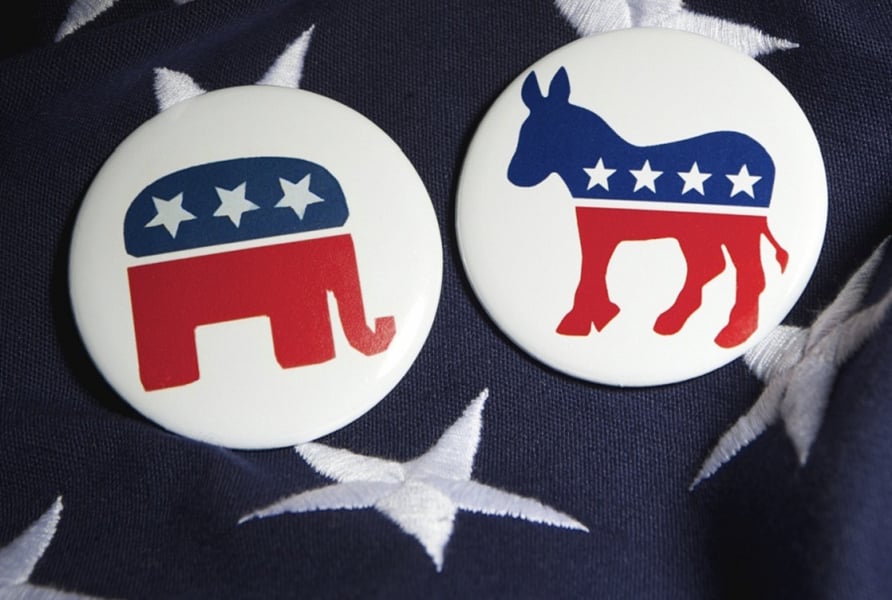

A recent survey by Empower reveals that half of Americans believe the outcome of the 2024 Presidential election will have a direct impact on their personal finances.
The findings, from the “The Ticket: Money and Politics” study conducted by Morning Consult, surveyed 2,200 adults in July 2024 and highlight the financial concerns voters are tying to the upcoming election.
The report suggests the November 5 vote will be a consequential one, with more Americans in the survey paying attention to the Presidential race (67 percent) than the stock market (33 percent). All in all, 50 percent of respondents believe the election will influence their financial situation.
Twenty-four percent of Americans think the election winner could determine whether they “become rich or not,” a belief more prevalent among middle-income earners. Among respondents earning $50,000 to $100,000 annually, that number rises to 27 percent, compared to 22 percent in lower-income households and 23 percent of higher earners.
“The adage is that 'all politics is local'—and when it comes to money, it hits very close to home,” said Rebecca Rickert, head of communications at Empower. “From their retirement timeline to their account balances, people feel there is a lot riding on the outcome of the election in terms of their own financial happiness.”
Thirty-three percent of Americans believe the election will directly influence their "wallet power" – their ability to spend, save, and invest – with many expecting it to shrink depending on the winner. One-third (34 percent) of respondents said the election could derail their retirement timeline, with Millennials and Gen Z reporting the highest concerns about delayed retirement.
Concerns over inflation and affordability are also widespread. Forty-two percent of participants expect the next president to address inflation, with 47 percent of men and 38 percent of women anticipating efforts to bring down prices. Furthermore, 33 percent believe the election will make it either easier or harder to reach their financial goals, such as buying a home—something 42 percent of Millennials feel strongly about.
In response to these concerns, 41 percent of Americans plan to ramp up their emergency savings based on the election outcome, while 45 percent say they will reduce spending. Millennials, in particular, are expected to make notable financial adjustments, with 34 percent planning to alter their investment portfolios and 27 percent considering pulling out of the stock market.

Relationships are key to our business but advisors are often slow to engage in specific activities designed to foster them.

Whichever path you go down, act now while you're still in control.

Pro-bitcoin professionals, however, say the cryptocurrency has ushered in change.

“LPL has evolved significantly over the last decade and still wants to scale up,” says one industry executive.

Survey findings from the Nationwide Retirement Institute offers pearls of planning wisdom from 60- to 65-year-olds, as well as insights into concerns.
Streamline your outreach with Aidentified's AI-driven solutions
This season’s market volatility: Positioning for rate relief, income growth and the AI rebound
